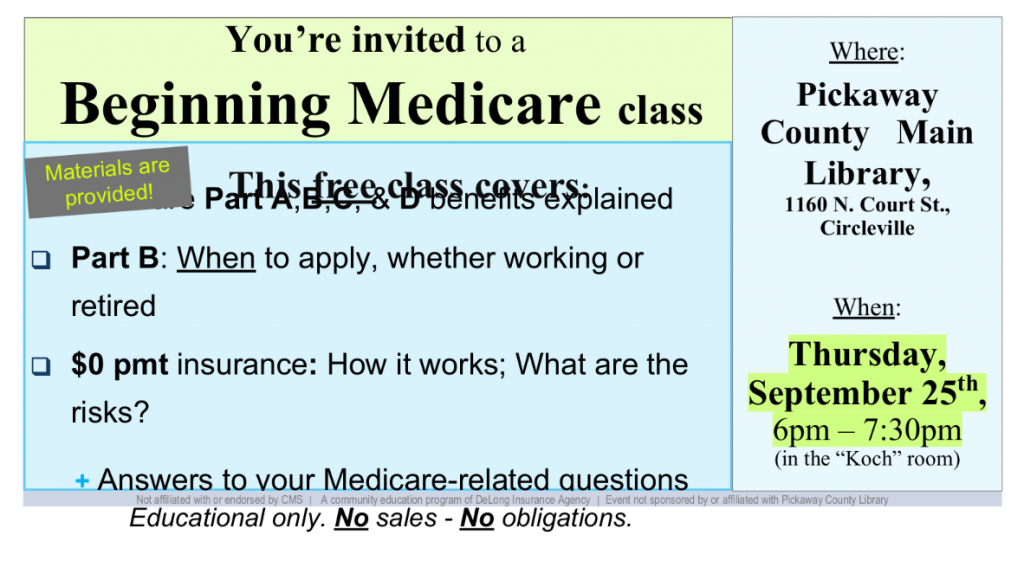
WASHINGTON, D.C. — President Donald Trump is expected to announce Monday that the use of Tylenol during pregnancy could contribute to autism risk and will advise pregnant women to take it — or its generic form, acetaminophen — only for high fevers, according to two senior administration officials who spoke with POLITICO.
On Friday, Trump previewed the announcement, telling reporters: “Autism is totally out of control. I think we, maybe, have a reason why.”
White House spokesperson Kush Desai said Sunday the announcement would mark “historic progress” in efforts to address rising autism diagnoses.
The issue has been a priority for Health Secretary Robert F. Kennedy Jr., who pledged earlier this year to deliver answers by September. According to the CDC, 1 in 31 American 8-year-olds was diagnosed with autism in 2022 — a sharp rise from 1 in 150 in 2000. If confirmed, Monday’s announcement would be the first time the federal government has linked acetaminophen to autism.

Acetaminophen, sold widely as Tylenol, is the most commonly used pain reliever and fever reducer for pregnant women. Health authorities already caution against ibuprofen and similar drugs during pregnancy due to risks of miscarriage and birth defects.
Public health experts remain divided. Many researchers attribute the rise in autism rates to broader diagnostic criteria and greater awareness rather than environmental factors. Kennedy, however, has long suggested that external influences, including vaccines, may play a role — claims widely rejected by the scientific community.
The administration is also preparing a broader autism initiative. About a dozen working groups are reviewing roughly 30 possible contributing factors, though a key literature review supporting that work is not yet complete and will not be released Monday.
Researchers caution that identifying a single cause is unlikely, and new federal studies, funded through the National Institutes of Health, are only now beginning. Updates are expected next year.










